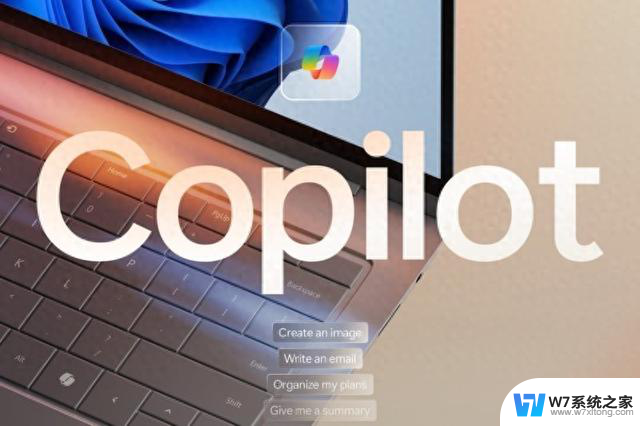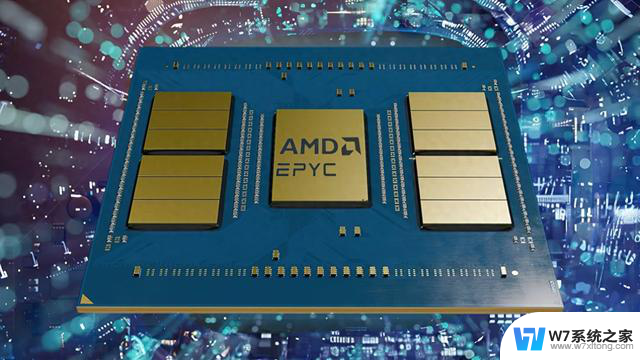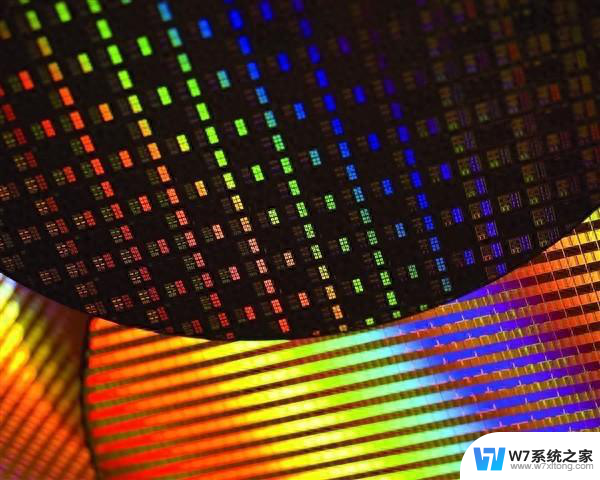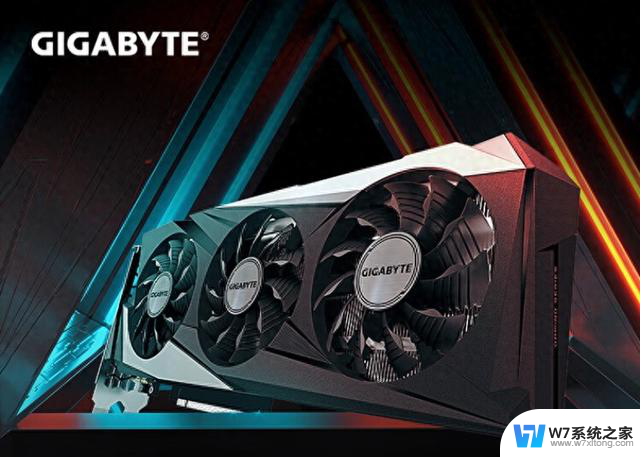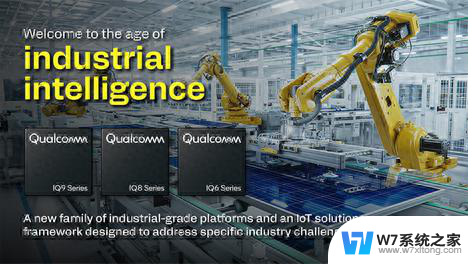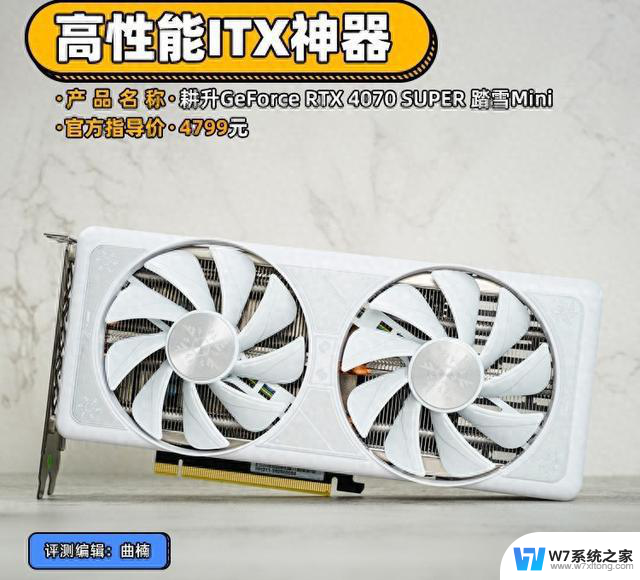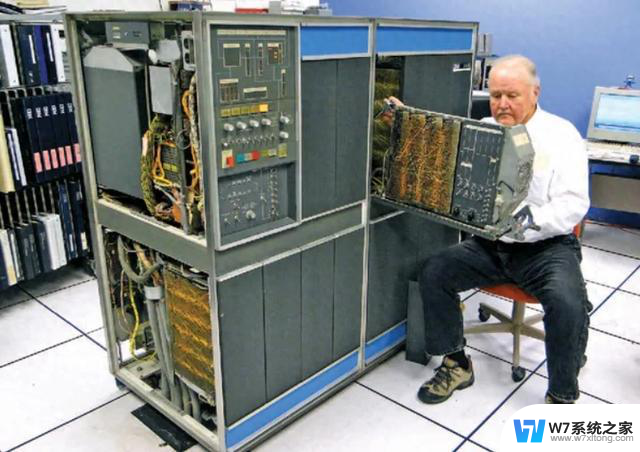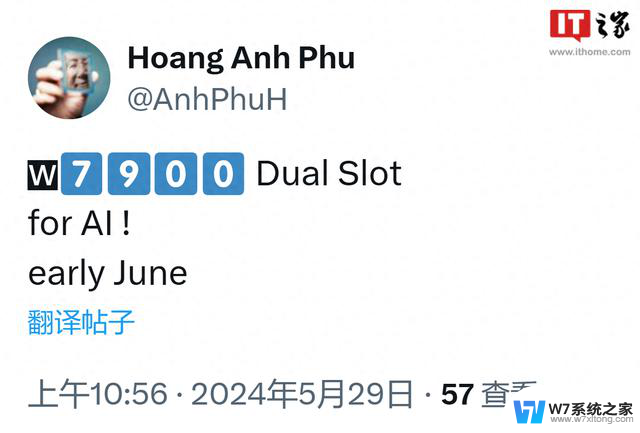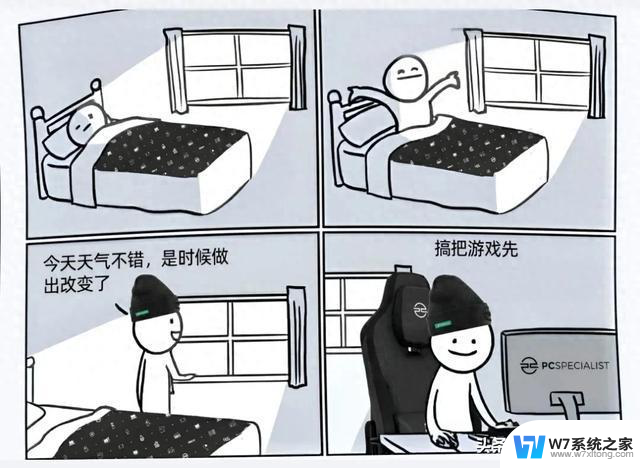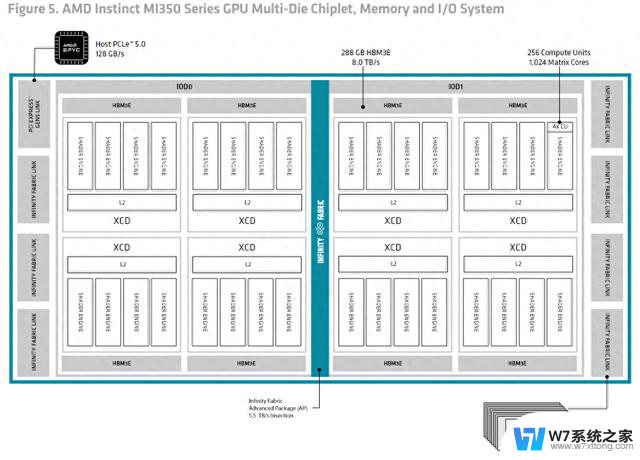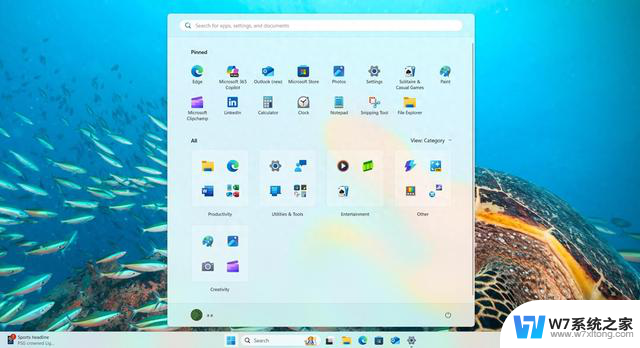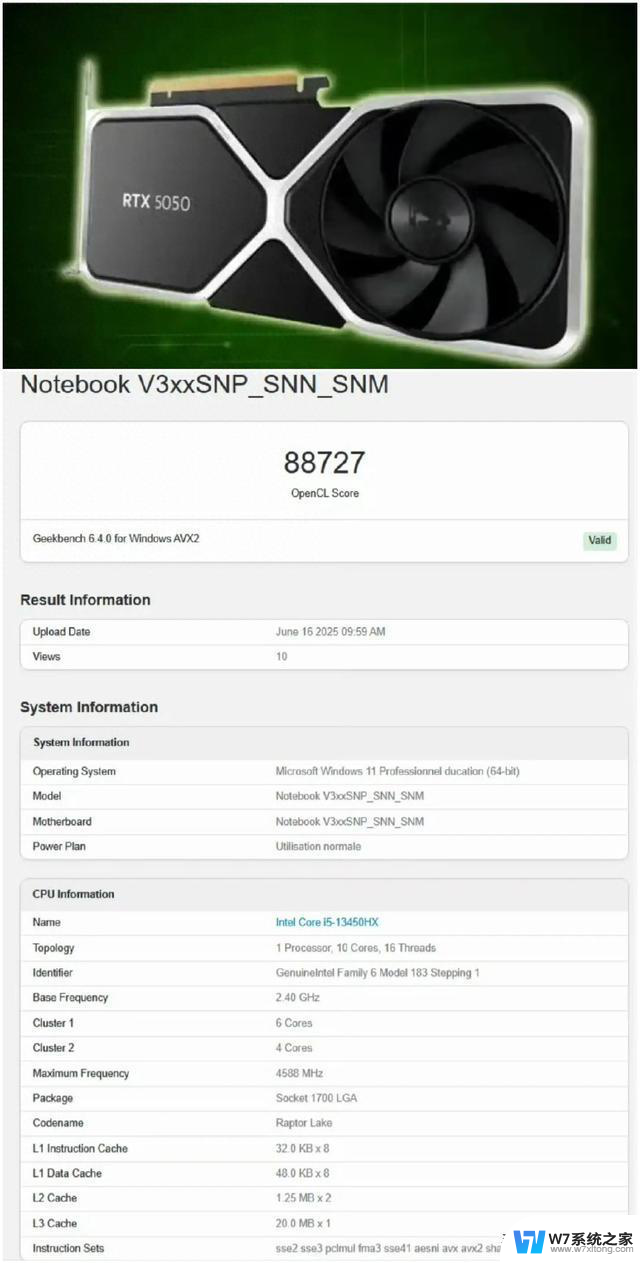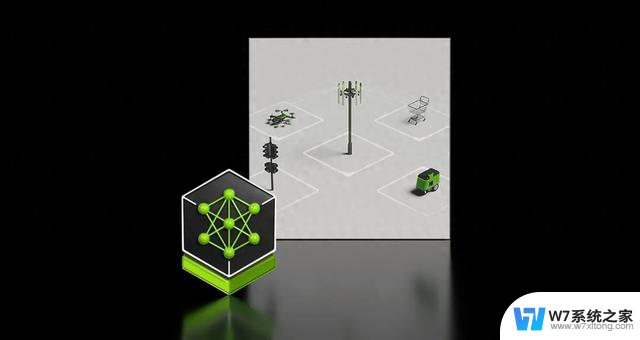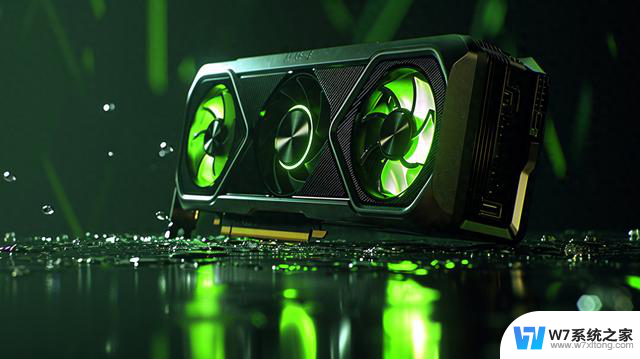华为高管:Ascend AI 计算能力超越 Nvidia A100
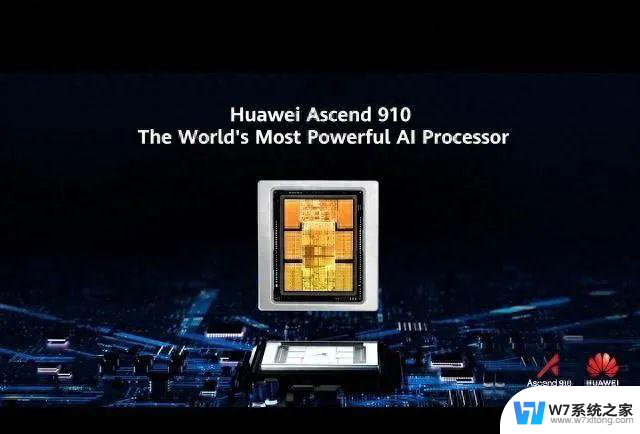
Wang Tao, Chief Operating Officer of Jiangsu Kunpeng & Ascend Ecological Innovation Center, made the comments during a sub-forum at the 2024 World Semiconductor Conference and Nanjing International Semiconductor Expo on Monday.
Wang noted that nearly half of the large models in China have opted for the Ascend technical route. He emphasized that the efficiency of Ascend AI chips in training models like Meta Llama and BloomGPT exceeds Nvidia's A100 by up to 1.1 times. Specifically, in certain scenarios, the training efficiency of Ascend AI computing power is notably superior, outpacing domestic competitors by as much as tenfold.
After three years of rigorous testing, half of China's large models now utilize the Ascend technical route, making it the preferred choice for domestically produced large models, Wang pointed out. He mentioned that leading companies like iFlytek have already adopted Huawei's Wanka cluster, achieving efficiencies ranging from 0.8 to 1.2 times those of Nvidia's A100. Despite slight disparities compared to Nvidia, particularly around 0.8 times, Huawei's performance in large model training, especially within the Wanka computing power cluster, has been market-tested and validated.
This disclosure from a Huawei executive provides rare and valuable insights into the competitive advantages of Ascend AI computing power compared to industry giants like Nvidia.
Ascend and Kunpeng are integral products within Huawei's AI computing ecosystem, aimed at enhancing general and intelligent computing capabilities.
Publicly available information indicates that the Jiangsu Kunpeng Ascend Ecological Innovation Center was established in August 2019, following a joint announcement by Nanjing Jiangbei New Area and Huawei to develop the Kunpeng computing industry. Wang underscored the center's mission to drive digital transformation across various industries through Huawei's Kunpeng and Ascend technologies, in collaboration with ecosystem partners.
Huawei's annual report for 2023 highlighted a robust financial performance, with total revenue reaching 704.2 billion yuan (US$ 97 billion), marking a 9.6% year-on-year increase. Net profit surged to 87 billion yuan, reflecting a significant 144% year-on-year increase. The company's steadfast commitment to research and innovation is evident, with an investment of 164.7 billion yuan in R&D or 23.4% of its annual revenue. Over the past decade, Huawei's cumulative R&D expenditure has surpassed 1.11 trillion yuan.
Wang highlighted Ascend's comprehensive capabilities, from underlying hardware like the Atlas series to operator libraries and upper-level development toolchains. Ascend offers a complete suite of solutions for large model inference and training, including development kits and essential acceleration libraries. Customers leveraging Ascend have significantly reduced their development cycles, achieving 1.5-3 times improved performance in typical scenarios and fostering stronger business collaborations.
Huawei has established Ascend AI computing centers across more than 20 cities nationwide, providing over 2500 PFlops (2.5 quintillion operations per second) of inclusive AI computing power.
Huawei revealed that its intelligent computing clusters achieve utilization rates exceeding 90%. In Nanjing, the Ascend computing power totals 140P with a 93% utilization rate, while Wuhan boasts 200P with over 95% utilization. Shenzhen exceeds 99% utilization, Chengdu and Shenyang each maintain a 98% utilization rate, and Hangzhou operates at 80% efficiency.
Currently, major Chinese tech firms like Tencent and Baidu, alongside leading startups such as iFlytek, have all adopted Huawei's advanced computing capabilities.
Zhang Dixuan, President of Huawei's Ascend Computing Business, previously indicated that the Ascend ecosystem boasts 40 hardware partners, over 1,600 software partners, and more than 2,900 AI application solutions. Wang further emphasized Huawei Kunpeng's extensive reach, encompassing over 5,100 partners nationwide, offering more than 15,800 solutions, and supporting over 3.1 million developers.
Wang stressed that global demand for AI computing power is accelerating, underscoring the pivotal role of large computing power in supporting expansive models and advancing AI to new heights. Huawei remains committed to hardware openness, software open-source initiatives, empowering partners, and fostering talent to drive a vibrant ecosystem.
